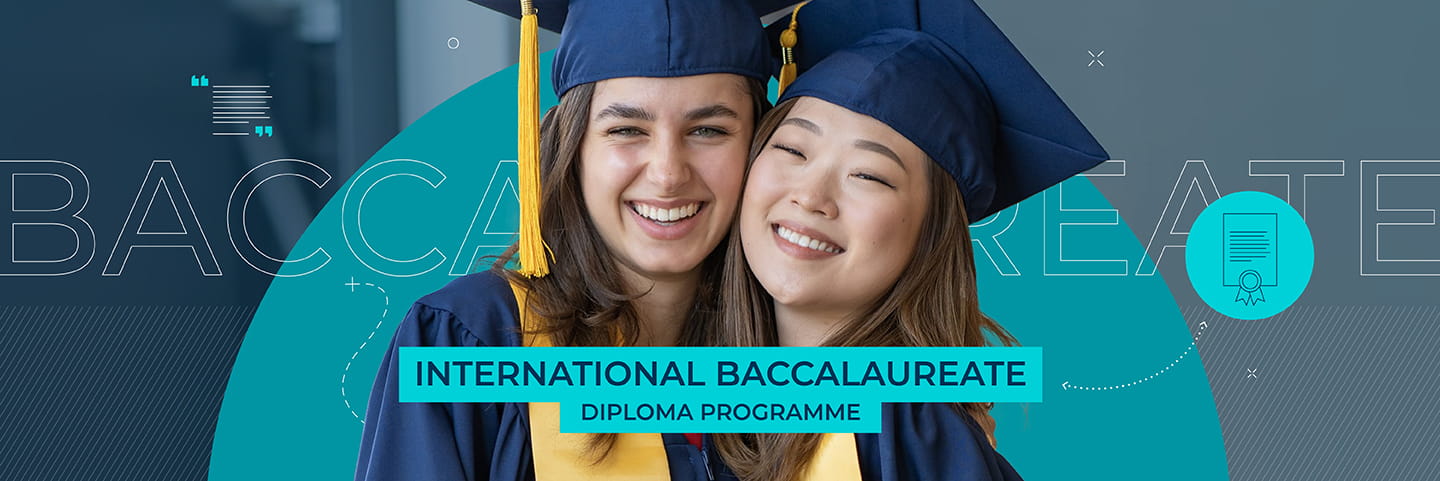The International Baccalaureate is a continuum of educational programmes for students aged 3 to 19.
For each of the six chosen subjects, students receive a grade of between 1 and 7, with 7 being the highest. The Theory of Knowledge and Extended Essay can collectively contribute another three points to a student’s total score. To pass the IB, students must receive a total score of 24 or above out of 45 potential points.
The minimum IB Diploma Programme score required for admission varies by university; however, the minimum admission score to attend the world’s best universities generally ranges from 37 to 42.
IB Primary Years Programme (PYP):
For pupils aged 3 to 12, this formative programme gives students the best possible start to education, helping them become active and lifelong learners.
IB Middle Years Programme (MYC):
For students aged 11 to 16, this course builds a solid academic foundation for students, turning them into confident learners who approach problem-solving with a broad, holistic method.
IB Diploma Programme (IBDP):
For students from 16 to 19, this programme inspires and sets up students to excel at university and throughout the rest of their lives, both personally and professionally.
IB Career-Related Programme (IBCP):
This course is specifically aimed at students in their final years at school and gives them all the tools they need to succeed, no matter what career path they choose to embark upon.



.jpg?h=1024&iar=0&w=723&rev=c80d6e842e5446dcaf54656f24882caf&hash=8212A29C5B654CF73A350C4D52C8EBBC)
/ib_knowledge_v21-min.jpg?h=720&iar=0&w=900&rev=71fdc75792a24f8487419a3fa550c47a&hash=CF2877207B6813045CD92F87B9643776)
/ib_citizens_v21-min.jpg?h=720&iar=0&w=900&rev=a02074bf44c64f45a94e3611fac93351&hash=3FCFA4F7FA39CBD63B7E31742D17D81C)
/ib_creativity_v21-min.jpg?h=720&iar=0&w=900&rev=b9f71d8ad8d249df8867b393b8ee227c&hash=6E3A7060D48F09520D5692BE4A7333B1)

.jpg?h=1292&iar=0&w=1292&rev=f511ab9ed352417eaf8998dbdfb9ea5c&hash=E0062A2253C1926A6D21DFC26DD56109)








